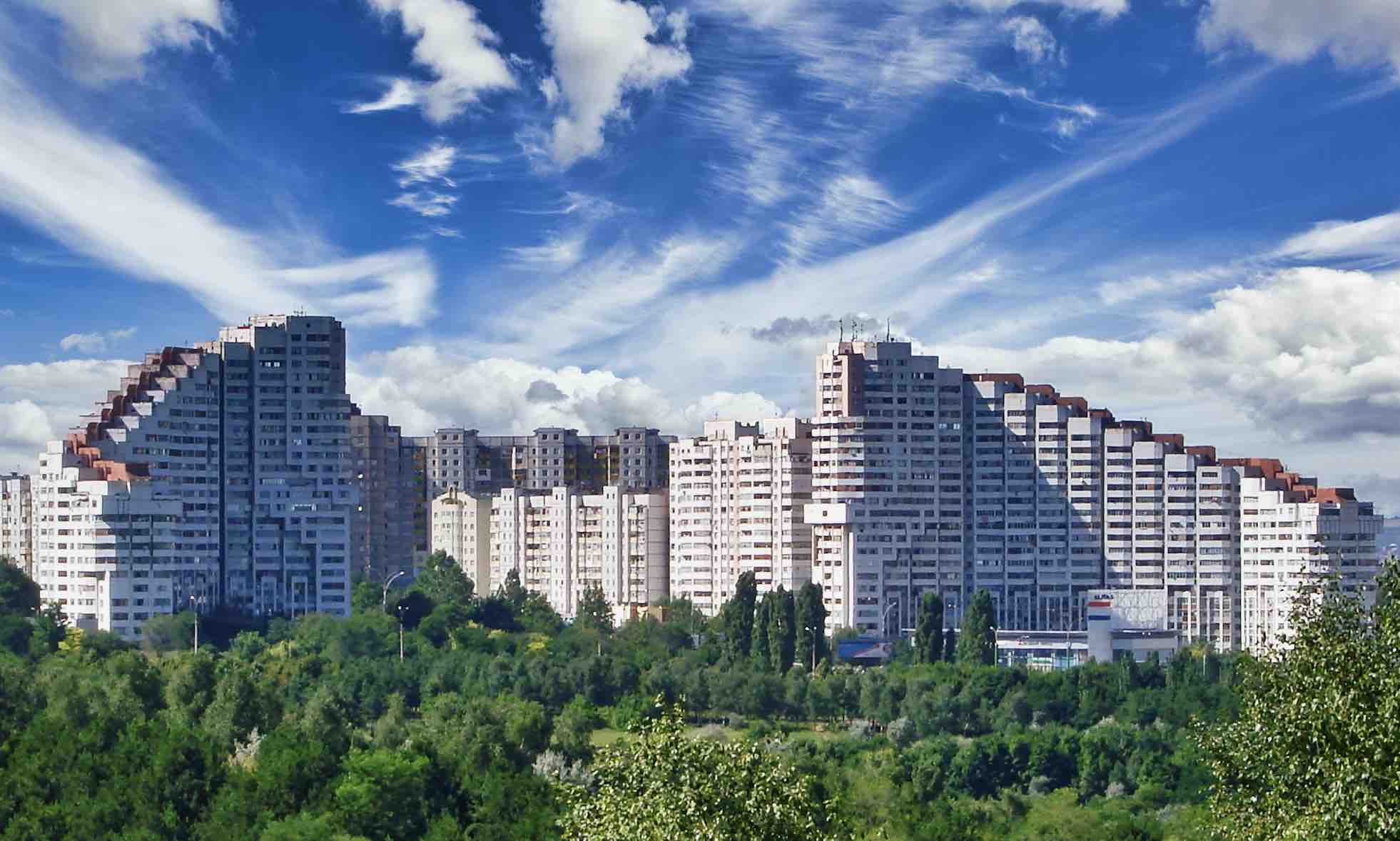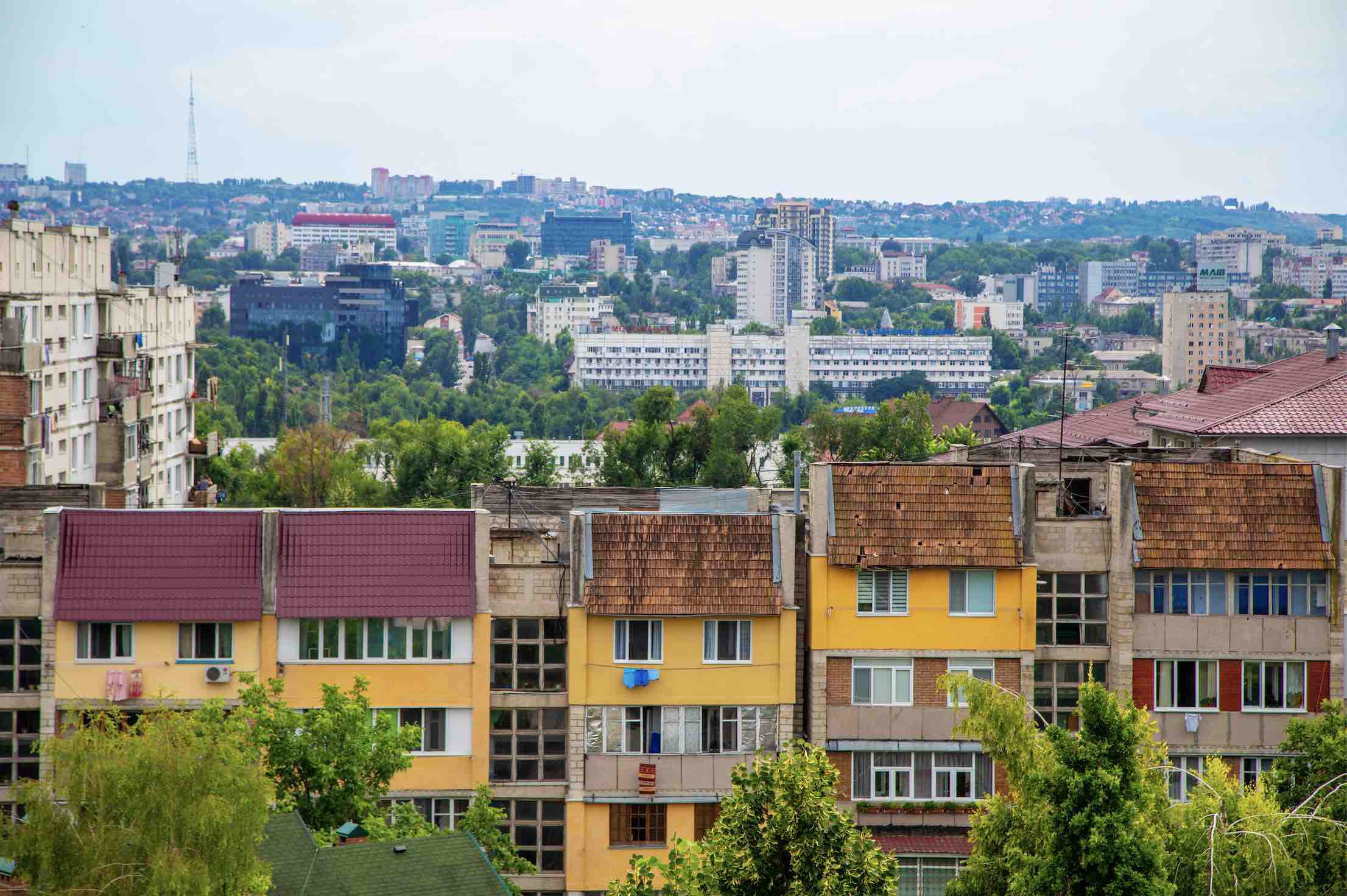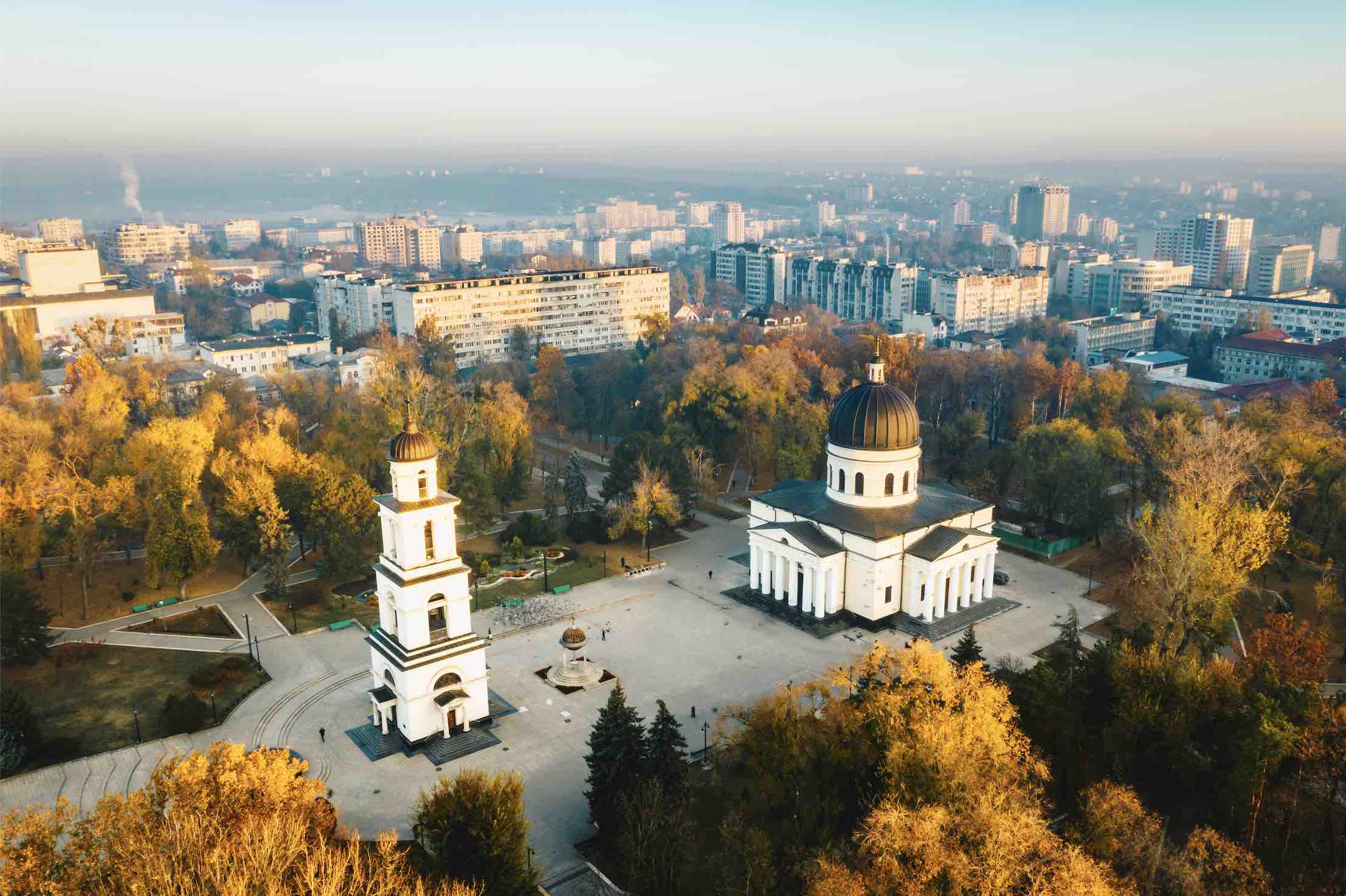Market Research in Moldova

Market research in Moldova is critical in guiding businesses toward success in this dynamic and evolving market. By harnessing the power of market insights and data-driven analysis, companies can make informed decisions that lead to sustainable growth and competitive advantage.
Have you ever wondered how market research in Moldova can unlock new opportunities for your business? Moldova offers a diverse market landscape filled with untapped potential. Through comprehensive market research, businesses can uncover hidden insights, identify consumer trends, and make strategic decisions that drive growth and profitability.
What Is Market Research in Moldova?
Market research in Moldova analyzes the market dynamics, consumer behavior, industry trends, and competitive landscape within Moldova. The primary goal of market research is to provide businesses with actionable insights that inform strategic decision-making and drive business growth.
By conducting market research in Moldova, businesses can comprehensively understand the market size, customer preferences, purchasing behaviors, and market segmentation. This information enables businesses to identify market opportunities, assess market demand for products or services, evaluate competitive threats, and optimize marketing strategies for effective market entry or expansion. Ultimately, market research is a foundation for informed business strategies that mitigate risks, capitalize on market strengths, and maximize return on investment (ROI) in Moldova.
Why Do Businesses Need Market Research in Moldova?

Market research in Molvoda helps businesses understand the Moldovan market, including consumer preferences, buying behaviors, and cultural nuances. This understanding is crucial for tailoring products, services, and marketing strategies to resonate with local customers. Through market research, businesses can identify untapped market opportunities, niche segments, and emerging trends in Moldova. This insight enables businesses to capitalize on market gaps and develop innovative offerings that meet specific market demands.
Furthermore, market research provides valuable insights into Moldova’s market risks, competitive threats, and regulatory challenges. With this information, businesses can develop risk mitigation strategies and make informed decisions to navigate potential obstacles effectively. Data-driven market research also empowers businesses to make strategic decisions regarding market entry, product positioning, pricing strategies, and distribution channels in Moldova. This strategic approach enhances the likelihood of business success and sustainable growth.
Our Current Market Review and Recommendations
At SIS International, we consider Moldova’s economy has shown signs of stability and moderate growth, driven by sectors such as agriculture, manufacturing, and services.
Moldova’s aspiration to integrate with the European Union (EU) someday presents future trade, investment, and regulatory alignment opportunities. The government’s efforts to diversify the economy and attract foreign investments signal potential growth opportunities in various sectors.
Potential ROI and Growth Prospects
- Investment Potential: Moldova offers competitive labor costs, strategic location, and access to European markets.
- SME Growth: Small and medium-sized enterprises (SMEs) have opportunities for growth and expansion in Moldova’s evolving market landscape.
- Sector-specific Opportunities: Emerging sectors like renewable energy, technology innovation, and healthcare services present high ROI and growth avenues.
Key Industries in Moldova
Moldova is an impoverished country, one of the poorest in Europe. To keep the economy afloat, Moldova depends on its agricultural industry. The majority of the country’s land space is arable and used for farming. Moldovans cultivate sunflower seeds, grapes, sugar beets, and corn for export. The agricultural industry extends to animal rearing, including cattle and sheep breeding, pig farming, and fishing. Food processing is the largest domestic industry. It produces sugar and vegetable oil.
Moldova’s other primary industries are technical, dealing with machinery production. These include foundry equipment (made from metal), refrigerators, freezers, and washing machines. Clothing, shoes, and textiles are also Moldovan products.
Moldova is witnessing growth and development across various sectors, driven by evolving market demands and emerging trends. Here are some of the largest-growing segments in Moldova:
1. E-commerce and Online Retail
The rise of e-commerce and online retail is reshaping Moldova’s retail landscape. With increasing internet penetration and consumer preference for convenient shopping experiences, local and international e-commerce platforms are gaining traction.
2. Agribusiness and Food Processing
Moldova’s agriculture sector is evolving with advancements in agribusiness, food processing, and exports of agricultural products such as wine, fruits, and vegetables. Innovations in farming techniques and value-added processing contribute to sector growth.
3. Tourism and Hospitality
Moldova’s tourism sector is developing, attracting visitors with its cultural heritage, wine tourism, and natural attractions. Investments in hospitality infrastructure, accommodation, and tourism services are boosting the sector’s growth.
Benefits of Doing Business in Moldova

The location of Moldova is one of the most significant factors contributing to the market’s benefits. One of its largest markets is the European Union, which takes in more than 65 percent of Moldovan exports. The Russia-dominated Commonwealth of Independent States (CIS) is another significant market. It takes in about 15 percent of exports, which is an advantage for Moldova. It guarantees business exchange with two large and thriving markets.
Trading Partners
Moldova’s trading base comprises other European territories. Most of the exports are machinery, foods/beverages, and apparel. Trading partners include:
- Romania
- Germany
- Russia
- Italy
- Turkey
- Poland
- Czech
- Ukraine
- Belarus
Trends in Moldova

Political and cultural disagreements exist. The Moldovians, Romanians, and Russians are in the midst of an ethnic power struggle. A significant faction of Moldova’s population lacks a sense of statehood and is all for unification with a sister country.
The Moldovan people have two options. About a quarter of them want to assimilate into Russia. Another 32 percent or so are leaning toward Romania.
Moldova also faces religious tensions between Christian denominations. The country is not church-ruled, and the church has no formal role in laws and leadership. Yet, tradition allows for very Christian and conservative beliefs. These beliefs often trickle their way into politics, creating controversy amongst nonreligious or liberal citizens and politicians.
Industry Attractiveness: SWOT Analysis of the Moldovan Market
Conducting a SWOT (Strengths, Weaknesses, Opportunities, Threats) analysis provides valuable insights into the overall attractiveness of Moldova’s market for businesses. Here’s an overview of the SWOT analysis for the Moldovan market:
Strengths
-
- Strategic Location: Moldova’s proximity to major European markets offers logistical advantages for trade and investment.
- Skilled Workforce: Moldova boasts a well-educated and skilled workforce, particularly in IT, agriculture, and healthcare sectors.
- Growth Potential: Emerging sectors such as IT, renewable energy, and agribusiness present business growth opportunities.
- EU Integration: Aspiring EU integration drives regulatory reforms, market access, and foreign investments.
Weaknesses
-
- Economic Dependency: Moldova’s economy is vulnerable to external factors and relies heavily on remittances and external trade.
- Infrastructure Constraints: Transportation, energy, and digital infrastructure challenges may impede business operations and development.
- Regulatory Complexity: Navigating bureaucratic procedures and regulatory frameworks can be challenging for businesses, especially foreign investors.
Opportunities
-
- Investment Incentives: Government initiatives and incentives encourage FDI in priority sectors such as renewable energy, IT, and manufacturing.
- Consumer Demand: Rising disposable incomes and changing consumer preferences create opportunities for businesses offering quality products and services.
- Digital Transformation: Embracing digital technologies and innovation opens avenues for Moldova tech startups and digital services.
Threats
-
- Political Instability: Political uncertainty and governance issues may impact investor confidence and business operations.
- Economic Vulnerabilities: Dependency on external factors and economic instability pose risks to business sustainability.
- Competitive Landscape: Intensifying competition from regional and international players challenges market entry and differentiation.
How SIS International’s Market Research Services Help Businesses in Moldova
SIS International offers comprehensive market research and consulting services designed to support businesses in navigating the complexities of the Moldovan market. Here’s how our services can benefit your business:
Market Insights and Analysis
We provide in-depth market research tailored to Moldova’s specific industry sectors, offering actionable insights and data-driven analysis to guide strategic decision-making and market entry strategies.
Competitive Intelligence
Our competitive analysis helps businesses understand market dynamics, identify key competitors, assess market positioning, and develop strategies to gain a competitive edge in Moldova.
Market Entry Strategies
We assist businesses in developing effective market entry strategies, including market feasibility studies, localization strategies, and regulatory compliance assessments, to optimize market penetration and minimize risks.
Customer Research and Segmentation
We conduct customer research and segmentation studies to identify target audiences, understand consumer behavior, and tailor marketing strategies to resonate with Moldovan consumers.
Industry Trends and Forecasting
Our industry trend analysis and forecasting services provide valuable insights into emerging trends, market opportunities, and growth projections in Moldova’s evolving business landscape.
Risk Assessment and Mitigation
We conduct risk assessments and mitigation strategies to help businesses navigate Moldova’s regulatory challenges, political risks, and economic uncertainties.
ROI Optimization
Our market research services focus on maximizing return on investment (ROI) by providing actionable recommendations, market validation, and performance tracking to support business growth and innovation.
Our Facility Location in New York
11 E 22nd Street, Floor 2, New York, NY 10010 T: +1(212) 505-6805
About SIS International
SIS International offers Quantitative, Qualitative, and Strategy Research. We provide data, tools, strategies, reports, and insights for decision-making. We also conduct interviews, surveys, focus groups, and other Market Research methods and approaches. Contact us for your next Market Research project.

